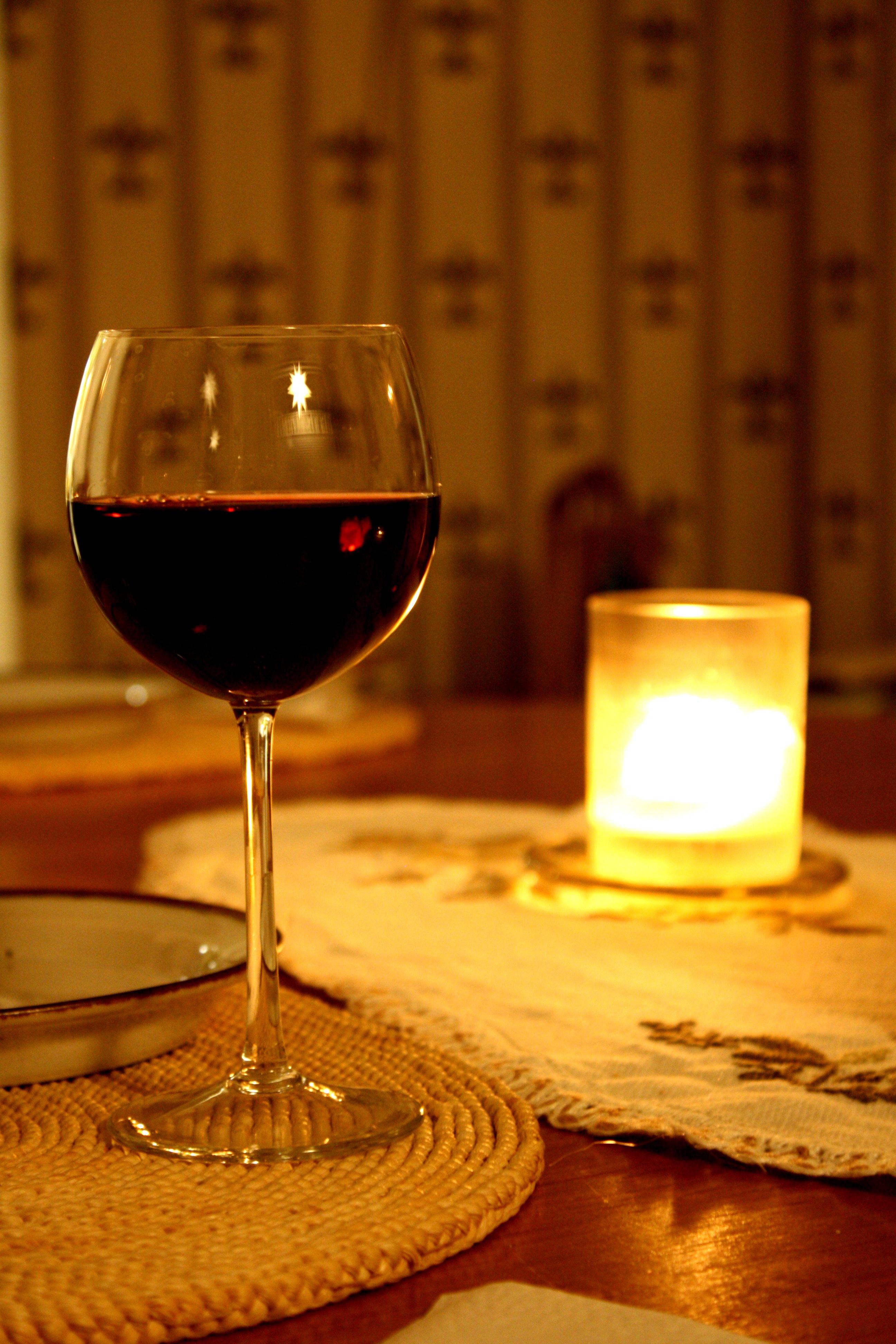Note to readers: Sorry I missed a day. I drove up to Edmonton. I thought I would post after I got there, but I was just too tired. But I'm back today. Welcome.
_________________________________________________________________________________

(credit: Wikimedia Commons)
But let’s return to this attempt to discover a
model of how moral codes work in the real world.
The gradual process by which new morés enter into the
cultural code of a society is vital to the survival of the morés themselves. None
of the phases in a society’s adopting a new moré necessarily entails any of the
others. A behavior recently acquired by one person on a trial basis may make
that individual healthier and/or happier, but this does not automatically mean
he will reproduce more prolifically or nurture more effectively or teach his morés
to his children more efficiently. Other factors can and do intervene.
Many examples can be cited as evidence to support
this generalization. Some of the tribes in Indonesia once taught every member
of the community to go into the forest to defecate. The individual had to dig a
hole in the earth, defecate in it, then cover the excrement with earth before
returning to the tribe’s living spaces. Children were taught to hide their
excrement so no hostile shaman could find it and use it to cast an evil spell
on such a careless child or his/her family.4
In the view of most of us in Western societies, the
advantages of the practice lie in the way it reduces the risk to the community
of diseases such as cholera. Similar practices are taught to people in Western
societies (and described in cultural codes as early as those found in the Old
Testament of the Bible).
For centuries, many Europeans drank large
quantities of malt liquor, wine, and beer, and later, tea and coffee. This
custom was based in tradition rather than religion, but its beneficial effect
was felt just the same, since local water often contained dangerous bacteria. While
the benefits were mixed because they were offset by the negative effects of
alcohol and caffeine abuse, the important thing to see is that these people did
not need to know anything about bacteria in order to arrive over generations,
by trial and deadly error, at a set of behaviours that enabled them to survive
in greater numbers over the long term. Of course, in China, the drinking of tea
had been looked on as a healthful practice for both the individual and society
for much longer.

(credit: DocteurCosmos, via Wikimedia Commons)
No comments:
Post a Comment
What are your thoughts now? Comment and I will reply. I promise.